Kant's Elliptical Path
Acknowledgements Note on sources and key to abbreviations and translations Introduction: Our Elliptical Path PART I. BEFORE THE CRITIQUES: KANT'S SELF-RECOVERY 1. Kant, Human Nature, and History after Rousseau 2. Reason, Reality, and Religion in the Early Development of Kant's Ethics PART II. KANT'S CRITIQUES FIRST SECTION. THE FIRST CRITIQUE (1781, 1787) AND REALITY 3. Kant's Idealism on a Moderate Interpretation 4. On Reconciling the Transcendental Turn and Kant's Idealism 5. Idealism and Kantian Persons: Spinoza, Jacobi, and Schleiermacher SECOND SECTION. THE SECOND CRITIQUE (1788) AND MORALITY 6. Kant's Ambivalent Cosmopolitanism 7. Is Practical Justification in Kant Ultimately Dogmatic? 8. Ambiguities in the Will: Kant and Reinhold, Briefe 2 THIRD SECTION. THE THIRD CRITIQUE (1790) AND PURPOSE 9. The Purposive Development of Human Capacities 10. Kant's Fateful Reviews of Herder's Ideas 11. The End of the Critiques: Kant's Moral "Creationism" 12. Kant and the End of Theodicy PART III. AFTER THE CRITIQUES 13. On the Extension of Kant's Elliptical Path in Holderlin and Novalis 14. Kant, Nietzsche, and the Tragic Turn in Late Modern Philosophy 15. Interpretation After Kant Bibliography Index
{{comment.content}}
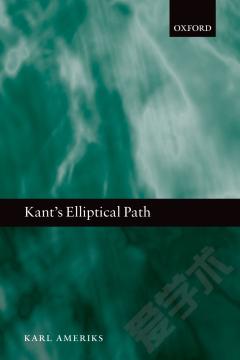

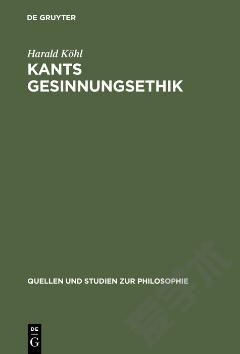
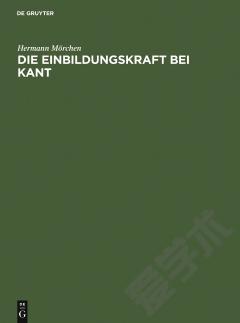
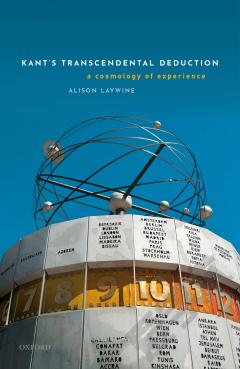
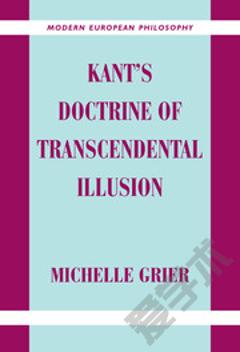
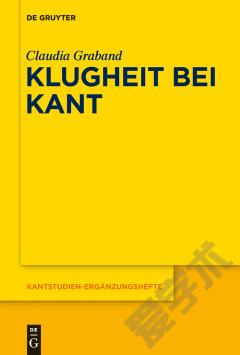

 京公网安备 11010802027623号
京公网安备 11010802027623号